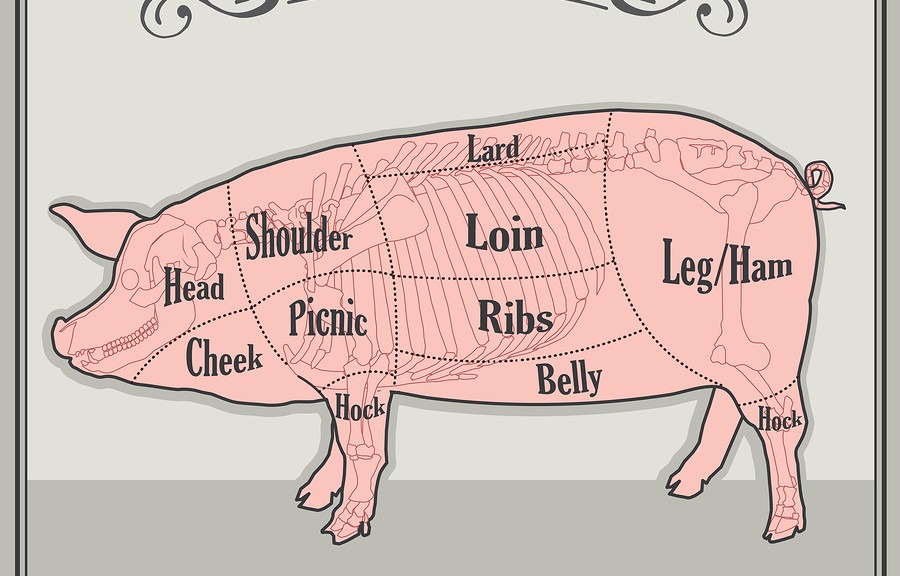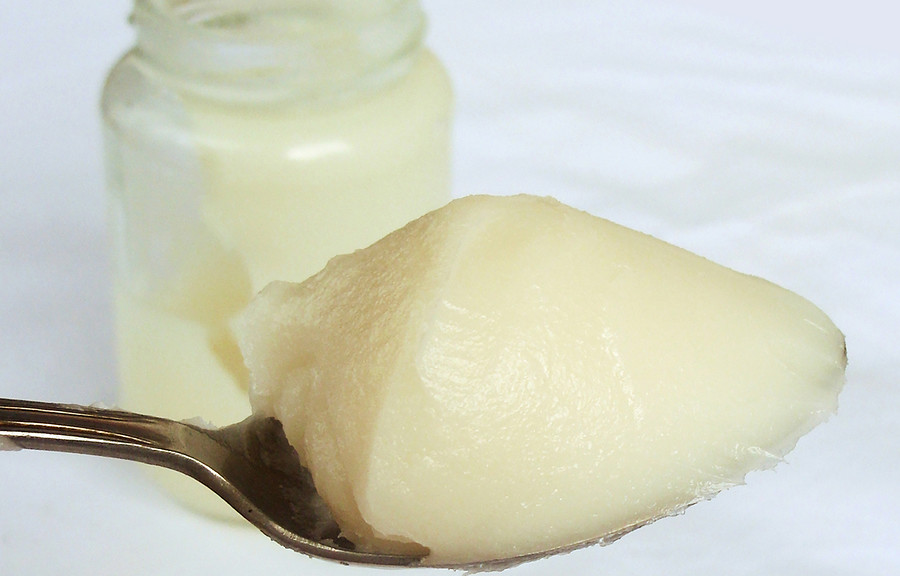Introduction
Nutrient density – that’s a term I used fairly frequently, but took for granted for a long time. I hadn’t really thought about exactly what it meant until the past few months. First – a story:
A few months back I was out with some friends that I met with regularly (ulti fris team!), and the topic of food and nutrition had been coming up. Within the group was a vegan, who was notably very respectful and not too vocal about being vegan, but after ordering food it was obvious, and some questions were asked. It was all well and good, until the subject of protein was broached, and someone mentioned that you can eat broccoli for protein as a vegan/vegetarian, and that the amount of protein you get is similar to beef. As a nutrition junkie, that sounded like pure garbage to me, so I simply disagreed that broccoli was a good source of protein, while she insisted it was. I let it go because I wanted things to be friendly and I knew I was right, but I did leave that situation wondering where in heavens that otherwise smart person got that idea, so I Googled it up.
Turns out, as some of you may already know, there’s a man named Dr. Fuhrman who published that precious little broccoli-beats-beef tidbit. Continue reading Nutrient Density Part 1 – A Look at Two Models →
Share this:
- Facebook
- Email
- LinkedIn
- Reddit
- Print
- Google
- Pinterest
- Tumblr





